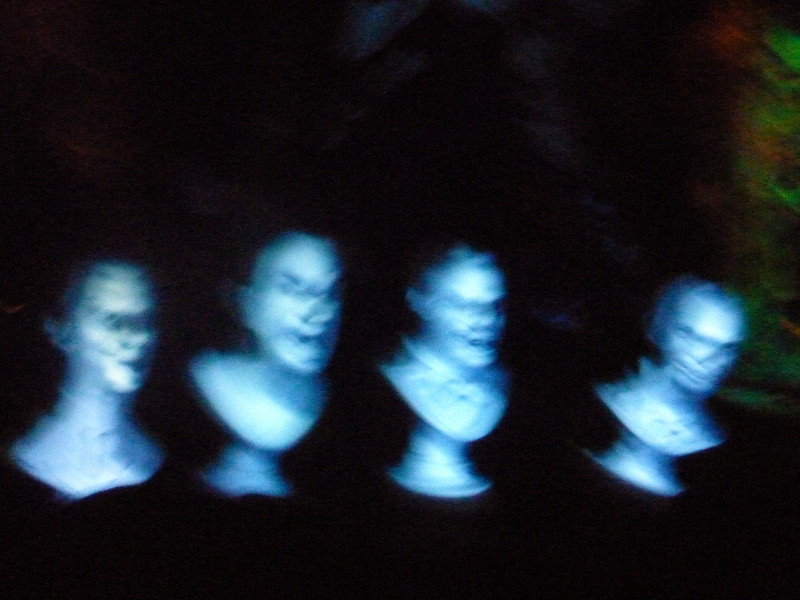Congratulations to CENES Graduate Student Tim Hoellering (Ph.D. Candidate, Germanic Studies), who was awarded Best Graduate Paper at Annual Meeting for the presentation of his paper, entitled “Appropriation of the Provincial: The Role of Ethos in German-Turkish Ethno-Comedy.” The paper was presented the 2014 meeting of the Canadian Association of University Teachers of German, part of the Congress of Humanities & Social Sciences, held at Brock University.
Abstract:
In ethno-comedy, migrant artists of hybrid cultural backgrounds entertain and enlighten their audience by humorously deconstructing ethnic stereotypes of their current and ancestral nations. In Germany, second-generation German-Turks are currently the main representatives of this genre. Due to their in-between identity, their mainstream audience naturally assumes them to compare national differences with an above-average authority. To a German audience, their foreign names and phenotypes usually suffice to imply the necessary familiarity with their ancestral culture, yet artists sometimes still struggle to convey the same authenticity regarding their German side. Here, rhetorics in general and the bucolic provincial in particular come into play.
Plato once defined rhetoric as “an art which leads the soul by means of words”. Aristotle then introduced its categories of ethos, pathos, and logos. While comedy seems ill-suited for potentially dry logic, its audience’s soul is much more susceptible to ethos and pathos. The Turkish-German comedian Bülent Ceylan employs both to solve the question of his authenticity. While displaying his Turkish relations through his Turkish emigrant father on the one hand – an important feature for the Turkish audience – on the other he keeps highlighting his roots in his hometown of Mannheim, regularly emphasizes his association with a specific suburb, and speaks in the respective dialect. This identification with specifically provincial attributes and values, the ethos, leads the audience’s gaze away from national questions and redirects them towards regional specifics. The rhetorical stroke of genius consists in exploiting a property implied in the provincial: The rural particular already presupposes a general German identity. As the perceived epitome of a traditional German life siding with it shifts the focus of attention from a national to a local level and all the small-town subjects connected with it. The ensuing emotive mockery of neighboring towns and villages creates a credible German ethos that leads the spectators’ skeptical soul to question it no longer – or at least on a different level.
In complete accordance with Plato’s subsequent critique of rhetorics, however, the words used to evoke said image of an undoubted identity are misleading. Although they serve to convey the idea of a stable set of cultural traits, the equally accepted hybridity of the artist identifying with the rural is the living proof exactly of its change. The German-Turkish ethno-comedian thus embodies the precise paradox inherent in the seemingly traditional provincial.


